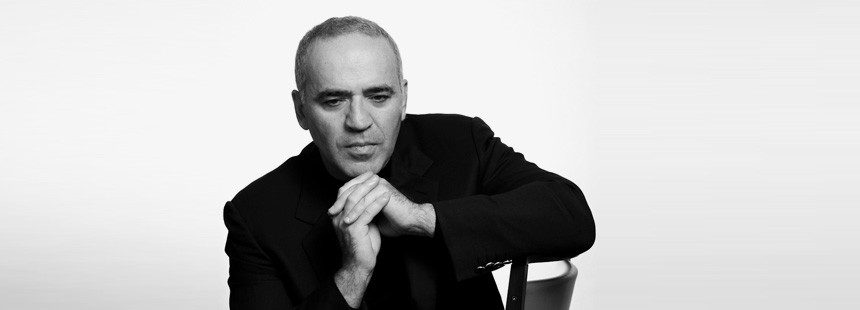

With Moscow’s mayoral election now only two weeks away, the topic has come to dominate Russian news and political dimensions. The excessive confidence of pro-Kremlin forces made some experts predict a release of some compromising material that would spell political doom and destruction for the main opposition candidate, Alexei Navalny. With the election clock ticking and the probability of a “September surprise”, akin to “revelations” about Navalny’s Chernogorian business, remaining high, and more critics of Navalny are making themselves heard almost daily.
From Stalinists to establishment liberals, a wide-ranging chorus of characters have come together in a tender show of unity. While for some Navalny’s Yale education is equivalent to state treason, for others (mainly for the “principled” Yabloko party) his participation in Russian protest marches is a cause for an ongoing censure. Now Mikhail Prokhorov, the owner of vast industry and wealth along with the Brooklyn Nets basketball team, and a designated pseudo-opposition oligarch, has suddenly joined the moral crusade led by Yabloko, condemning Navalny’s “connection” to Chernogoria. Meanwhile, Navalny’s growth in popularity is interpreted by some representatives of the patriotic left as an imminent threat to the entire existing political system. Sergey Chernyachovskiy, a staunch defender of the Soviet past, is shamelessly mixing this “discovery” in his publications with the incontrovertible support for Putin’s policies.
Another complaint about Navalny, and this one takes up a unique spot in the long list of his electoral sins, is the lack of a “positive electoral program” in his campaign. Instead, the critics claim, his entire campaign is based on criticism of the fundamental flaws in Putin’s political system while avoiding “constructive” discussion about the practical issues facing the city. These denouncements are articulated against Navalny by a range of opponents, including co-chairman of the party RPR-PARNAS, Vladimir Ryzhkov, who appears to be abundantly disappointed by his party’s endorsement of Navalny’s candidacy.
It is almost sad that one needs to point out proverbial truths of the Russian electoral reality. Although, it seems there is no way to avoid repetition if we are to understand the current development. And so:
There is no such thing as an election in Russia, as there is no process of changing political leadership in a transparent and competitive way. There are only imitations, a spectacle of sorts, used only to grant the ruling regime its shreds of legitimacy.
And so, to limit the electoral discourse exclusively to issues facing the city, given such conditions, would spell the willing cooperation with the charade aimed at reinforcing an illusion of free and fair elections in Russia. Those who chose this path are doomed to failure from the start. A good example of such a failure is the party of Mr. Ryzhkov himself. Their highest electoral score, so far, was getting a single mandate in the Altay Region’s legislative body. Considering it is a region Mr. Ryzhkov represented in the nation’s parliament for many years, the results are less than impressive.
The main accomplishment of Navalny, regardless of his personal qualities and shortcomings or his political views, is that he went beyond the boundaries set up by the Kremlin puppeteers. Instead, he turned these decorative “elections” into a plebiscite on Putin’s system of governing as a whole. If one is to criticize Navalny for any of the aforementioned reasons, it certainly cannot be for this one.
The motivations that compel Navalny’s opponents to voice their opposition to his candidacy differ. For some, it is a principled stance, while for others it’s simply a way to work off the Kremlin’s pay. However, the motivations of most are somewhat less intricate. In one way or another, the vast majority of these people have settled within the existing political system, taking up comfortable spots within the pseudo-democratic realm of modern Russian politics.
Much like Zhirinovsky and Zyuganov, who essentially became an extension of Putin’s system by allowing for the outpouring of anti-Western and paternalistic attitudes among the significant part of the electorate, their liberal counterparts perform a similar function among the liberal constituency. Yavlinsky, Mitrokhin, Prokhorov and Ryzhkov are not only safety choices for Putin when it comes to maintaining the status quo within the system. They are rather useful in a way that their participation in the electoral charade draws segments of voters and their energy away from the protest movement and the real opposition. Another example of this phenomenon is Nikolai Svanidze, a famous liberal thinker who plays a role of the convenient punching-bag liberal on Vladimir Soloviev’s show, effectively aiding in painting the Russian liberal movement as political losers.
It is likely that none of these people have any real sympathy for Putin’s regime. However, they clearly understand that in a fair and competitive political system, the one that could emerge once the regime falls, they would not stand a fighting chance. Regardless of the accusations levied against Navalny, their main gripe against him is his perceived ability to shake up the regime’s fundamentals. That, in turn, would threaten their comfortable ecological habitat. The prospect of finding themselves in a detached railcar of history, slowly rolling out of view into the past, is at the core of their resistance to the impending change.

